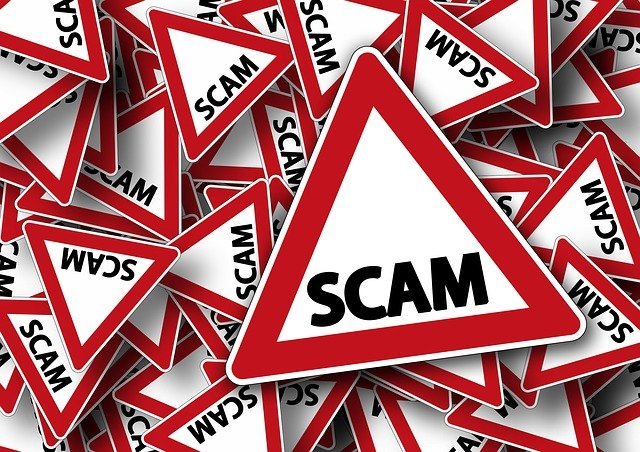
Its an unfortunate reality that scammers are quick to take advantage of people during times of crisis.As the world remains focused on overcoming the challenges associated with the coronavirus disease, also known as COVID-19, the number and types of scams continue to rise.Learning more about these scams and sharing what you know with older adults is vital to their safety and well-being.
Heres a description of some common COVID-19 scams that seniors should be on the lookout for in the weeks and months ahead.4 Leading Coronavirus Scams to Guard Against1.
Protect your Medicare and Social Security numbers.One scam targeting seniors is an attempt to gain access to Medicare and Social Security numbers.If successful, this can result in older adults falling victim to identity theft.Its important to know that the government wont call you to verify any personal information, including your Medicare or Social Security numbers.Nor will a representative from Medicare or the Social Security Administration visit your home in an attempt to gather this information.Call your local law enforcement agency if you suspect fraud.
You can also report concerns directly to Medicare by calling 1-800-633-4227 or visiting the Medicare website.2.Dont fall for a stimulus check scam.Another scam making the rounds involves fraudsters calling people and asking for bank account numbers.These individuals claim to be from the Internal Revenue Service (IRS).They explain that they need this information to arrange for a stimulus check to be directly deposited into your account.
This isnt how the process for stimulus checks works.You can learn more by visiting Coronavirus Tax Relief and Economic Impact Payments on the IRS website.3.Avoid fake COVID-19 treatment products.From the earliest days when rumors of a virus in China began, products claiming to be the miracle cure were featured on television commercials and social media ads.With the exception of isolation and social distancing, there are no treatments or products known to help avoid catching the coronavirus.If someone emails, calls, or visits your home trying to sell you a prevention product or a cure, dont fall for it.4.Beware of the family member in trouble scam.Most seniors have heard of the grandparent scam.Its when a criminal calls an older adult pretending to be their grandchild.
Some of these scammers even know the grandchilds name and use it.They tell the senior they are in trouble and need money wired to them or ask for a credit card number immediately to avoid something awful happening.According to the Federal Trade Commission, older adults lost an estimated $488 million to imposter scams like this one in 2018.A new twist on these scams is the COVID-19 version.
A scammer will call an older adult claiming to be a loved one who is sick with the virus.They will ask for money right away to pay for hospital or medical care.If you or a senior loved one receive a call like this, hang up.
Then call the family member directly to determine if it was a scam.Sunrise Senior Living COVID-19 ResourcesWe know Sunrise residents and their families are concerned about the coronavirus.Thats why we created COVID-19: We Are Prepared.You can visit this area of the Sunrise Senior Living website to learn more about the virus, and the steps we are taking to keep residents happy and healthy.
Publisher: Sunrise Senior Living ( Read More )

